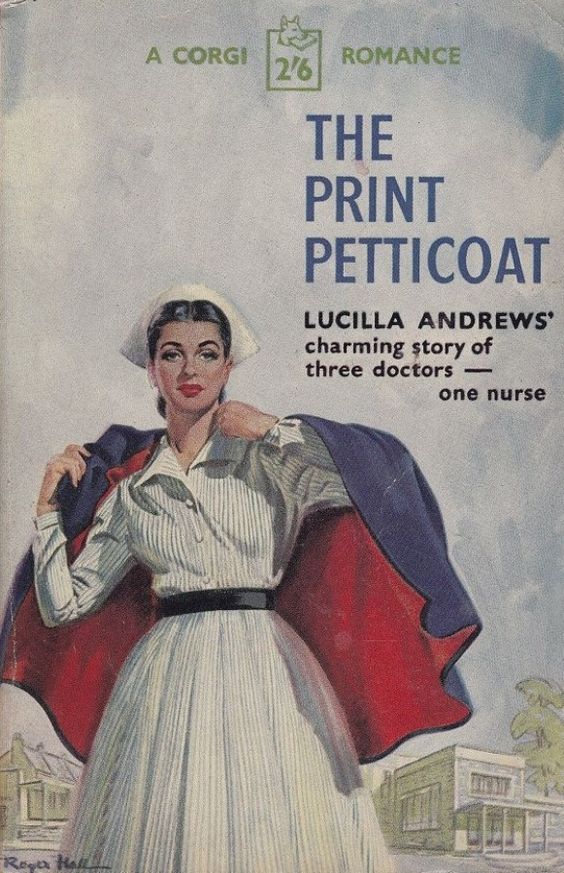What are you reading now?
-
-
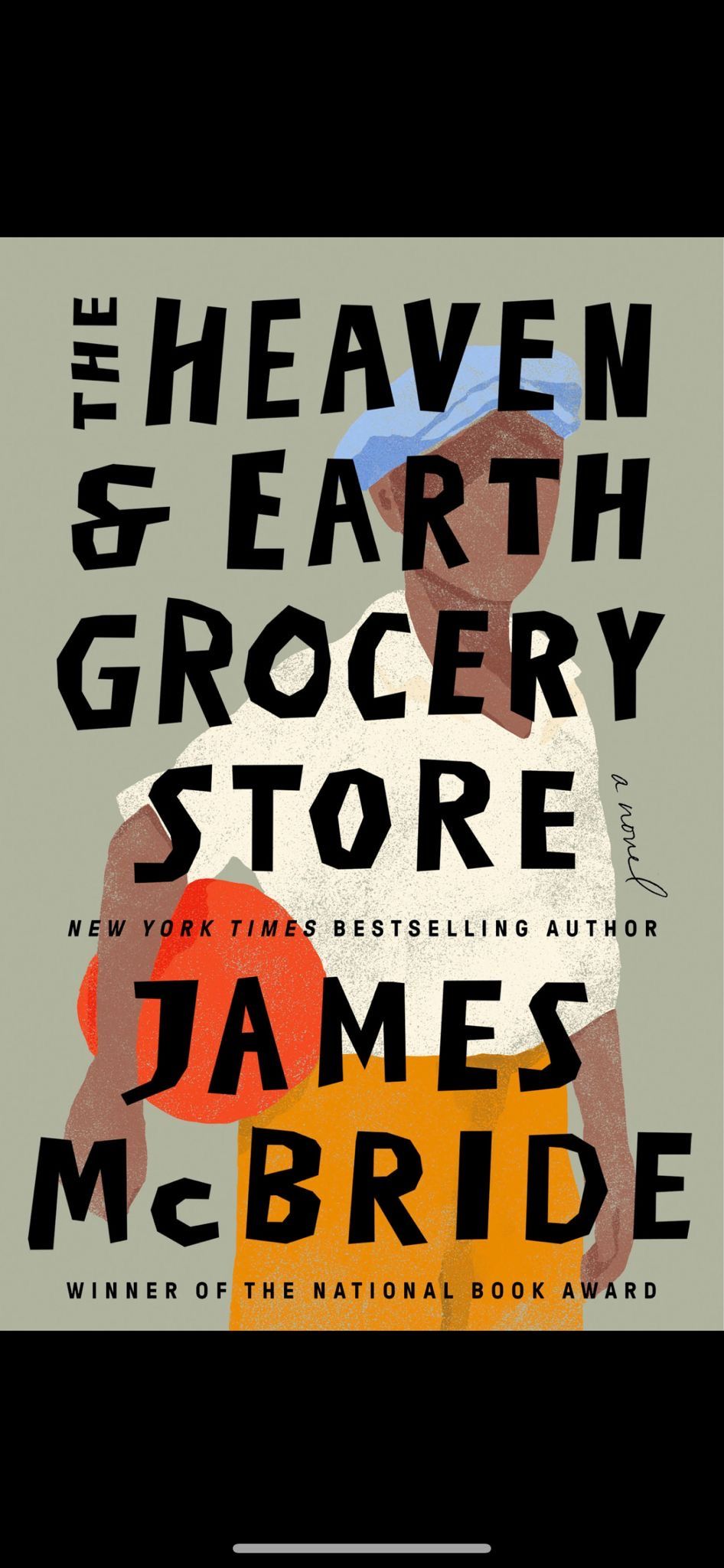
-
Finished books 2 & 3 of the "Prefect Dreyfus" series by Reynolds. Enjoyed them - a lot.
Got me thinking...the third book has lots of references to events from book 1 ("The Prefect/Aurora Rising"), so I started a re-read of that yesterday.
Such a great tale.
-
Finished books 2 & 3 of the "Prefect Dreyfus" series by Reynolds. Enjoyed them - a lot.
Got me thinking...the third book has lots of references to events from book 1 ("The Prefect/Aurora Rising"), so I started a re-read of that yesterday.
Such a great tale.
@George-K said in What are you reading now?:
Finished books 2 & 3 of the "Prefect Dreyfus" series by Reynolds. Enjoyed them - a lot.
Got me thinking...the third book has lots of references to events from book 1 ("The Prefect/Aurora Rising"), so I started a re-read of that yesterday.
Such a great tale.
On deck for me. Just gotta finish one of the other three I have going on right now.
-
I started reading the second book in Ann Leslie's "Ancillary" series, "Ancillary Sword," but I've just found it tedious. I suppose I'll finish it, but in the meantime, I thought this might be a nice diversion.
I've only read this once, back in 1982 (?). Some say it's better-written than Dune, so we'll see.
Halfway through, and really enjoying it.
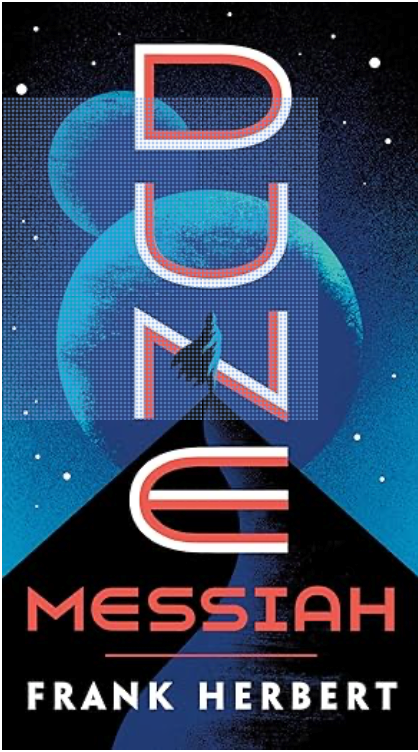
-

Very good book about a very very terrible organization. I had heard of the KKK before, but did not really know the background or its history. It is a non-fiction book
A historical thriller by the Pulitzer and National Book Award-winning author that tells the riveting story of the Klan's rise to power in the 1920s, the cunning con man who drove that rise, and the woman who stopped them.
The Roaring Twenties--the Jazz Age--has been characterized as a time of Gatsby frivolity. But it was also the height of the uniquely American hate group, the Ku Klux Klan. Their domain was not the old Confederacy, but the Heartland and the West. They hated Blacks, Jews, Catholics and immigrants in equal measure, and took radical steps to keep these people from the American promise. And the man who set in motion their takeover of great swaths of America was a charismatic charlatan named D.C. Stephenson.
-
Not much has changed since then, unfortunately. The KKK is as terrifying as ever, and courageous women are still standing in their way.
@Horace said in What are you reading now?:
Not much has changed since then, unfortunately. The KKK is as terrifying as ever, and courageous women are still standing in their way.
I think fortunately that they are not very popular now.
-
@Horace said in What are you reading now?:
Not much has changed since then, unfortunately. The KKK is as terrifying as ever, and courageous women are still standing in their way.
I think fortunately that they are not very popular now.
@taiwan_girl said in What are you reading now?:
@Horace said in What are you reading now?:
Not much has changed since then, unfortunately. The KKK is as terrifying as ever, and courageous women are still standing in their way.
I think fortunately that they are not very popular now.
KKK members will vote for Trump. And Trump, according to polling, is likely to be our next president.
-
@taiwan_girl said in What are you reading now?:
@Horace said in What are you reading now?:
Not much has changed since then, unfortunately. The KKK is as terrifying as ever, and courageous women are still standing in their way.
I think fortunately that they are not very popular now.
KKK members will vote for Trump. And Trump, according to polling, is likely to be our next president.
-
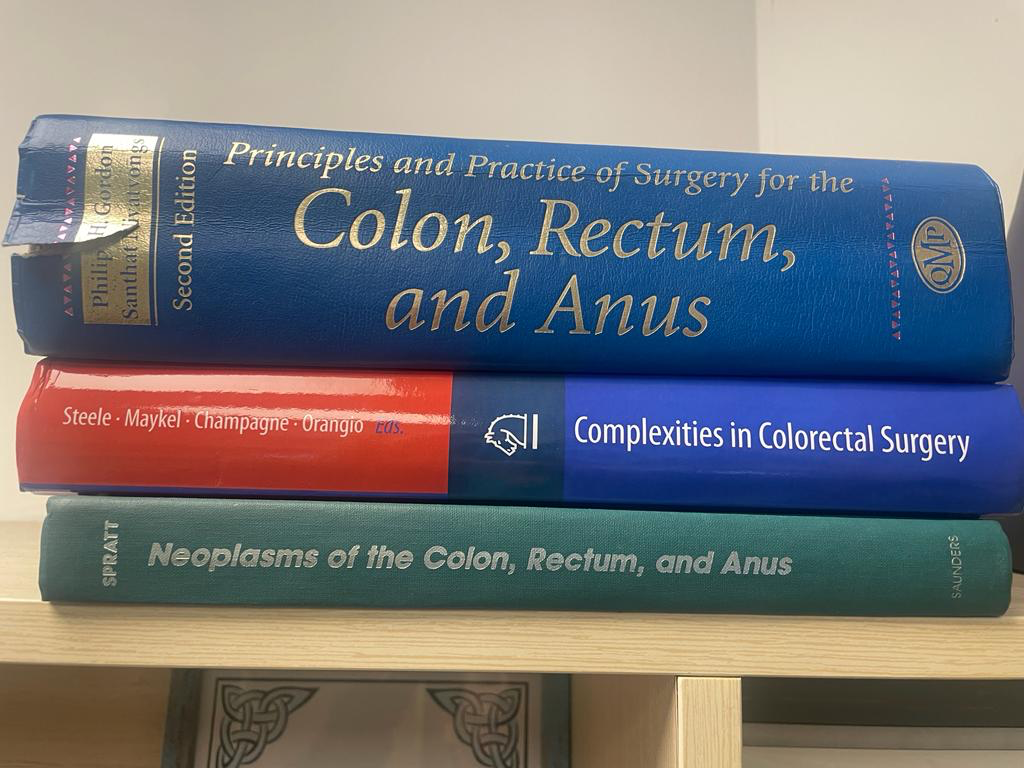
on the shelf in the office next door to mine.
Bathroom reading I guess
Winter Counts.
"Virgil Wounded Horse is the local enforcer on the Rosebud Indian Reservation in South Dakota. When justice is denied by the American legal system or the tribal council, Virgil is hired to deliver his own punishment, the kind that’s hard to forget. But when heroin makes its way into the reservation and finds Virgil’s nephew, his vigilantism suddenly becomes personal. He enlists the help of his ex-girlfriend and sets out to learn where the drugs are coming from, and how to make them stop.
They follow a lead to Denver and find that drug cartels are rapidly expanding and forming new and terrifying alliances. And back on the reservation, a new tribal council initiative raises uncomfortable questions about money and power. As Virgil starts to link the pieces together, he must face his own demons and reclaim his Native identity. He realizes that being a Native American in the twenty-first century comes at an incredible cost.
Winter Counts is a tour-de-force of crime fiction, a bracingly honest look at a long-ignored part of American life, and a twisting, turning story that’s as deeply rendered as it is thrilling."

-

Really good book. It gives (I think) a good view of the world drug issue and shows that it is not a simple good guys vs. bad guys. The UWSA (United Wa State Army) is a pseudo-country within Myanmar. It functions as its own country (government, interstructure, taxation, military, etc.). The Myanmar army is not powerful enough to take them over, so they let them exist up in the northeast mountains. Not very well known in the US, but the border of Wa State goes up against Thailand - right up by Mae Hong Son area that I went to a couple of years ago.
They got their start growing poppies for heroin, as that was the only crop that grew well in the mountain soil. US wanted them to stop doing it, but provided no real alternative. Stop poppy growing, nothing else grows, no money for the people.......
Recommended to read.
In this gripping history, NPR correspondent Winn (Hello, Shadowlands) follows the Wa people—a tribe situated along the Burma-China border and best known for head-hunting—over the last half-century as they established the United Wa State Army, an independent government in control of a 30,000-man fighting force and a colossal drug cartel that produced heroin and later switched to manufacturing methamphetamine. The book centers on several Wa figures, including Saw Lu, a Baptist who fought to unite and modernize his people (he led a successful campaign in the 1960s to get them to stop head-hunting) and to wean them off drug trafficking, all while serving as an informant for the U.S. Drug Enforcement Administration; and his nemesis Wei Xuegang, the secretive criminal genius who turned the UWSA into the dominant cartel in Southeast Asia’s Golden Triangle region. Stirring the pot is the feud between the DEA, which backed Saw Lu, and the CIA, which nurtured the drug trade and sabotaged Saw Lu’s efforts. Part gangster saga, part espionage thriller, and part liberation epic, Winn’s narrative alternates between rollicking adventure and harrowing violence conveyed in vivid, muscular prose. It’s a riveting portrait of how deeply the drug trade is embedded in Southeast Asia’s modernizing economies—and in America’s foreign policy.
-
I've been a fan of MacIntyre's books since I read "Operation Mincemeat."
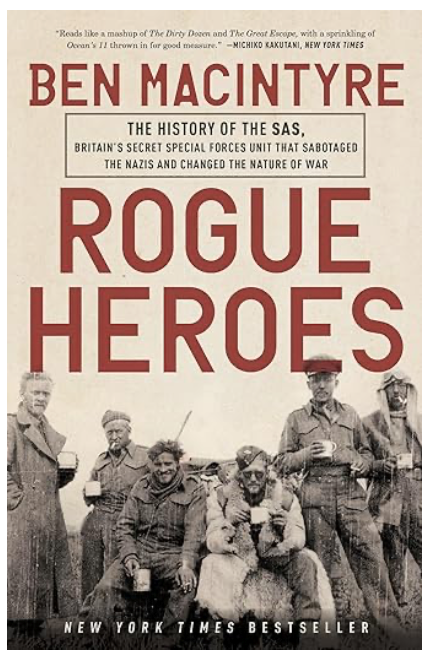
"Britain’s Special Air Service—or SAS—was the brainchild of David Stirling, a young aristocrat whose aimlessness belied a remarkable strategic mind. Where most of his colleagues looked at a World War II battlefield map and saw a protracted struggle, Stirling saw an opportunity: given a small number of elite men, he could parachute behind Nazi lines and sabotage their airplanes and supplies. Defying his superiors’ conventional wisdom, Stirling assembled a revolutionary fighting force that would upend not just the balance of the war, but the nature of combat itself.
Bringing his keen eye for detail to a riveting wartime narrative, Ben Macintyre uses his unprecedented access to the SAS archives to shine a light on a legendary unit long shrouded in secrecy."
I enjoyed the TV series - so far, the series is pretty close to (1st quarter of) the book
Link to video -
I've been a fan of MacIntyre's books since I read "Operation Mincemeat."

"Britain’s Special Air Service—or SAS—was the brainchild of David Stirling, a young aristocrat whose aimlessness belied a remarkable strategic mind. Where most of his colleagues looked at a World War II battlefield map and saw a protracted struggle, Stirling saw an opportunity: given a small number of elite men, he could parachute behind Nazi lines and sabotage their airplanes and supplies. Defying his superiors’ conventional wisdom, Stirling assembled a revolutionary fighting force that would upend not just the balance of the war, but the nature of combat itself.
Bringing his keen eye for detail to a riveting wartime narrative, Ben Macintyre uses his unprecedented access to the SAS archives to shine a light on a legendary unit long shrouded in secrecy."
I enjoyed the TV series - so far, the series is pretty close to (1st quarter of) the book
Link to video@George-K said in What are you reading now?:
I've been a fan of MacIntyre's books since I read "Operation Mincemeat."

As I watched the TV series, I thought, "Nah, this shit can't be true."
Halfway through the book, it turns out that most of it WAS true.
What a great tale - love MacItyre's books.
-
I'm still reading 4-5 books a month - but not posting unless i think it's something to talk about. I just got around to Douglas Murray's "The War on the West" - and it's a good read. It's a shame that people just hear his name and cover their eyes and ears. He provides thoughtful criticism of what I sometimes refer to as "flashcard responses" to issues. He goes after the 1619 Project and what might seem like self-flagellation of Western thought. One of my favorite courses in my progressive high school was titled "The Development of Western Thought" - which introduced students to a Great Books type of survey of philosophy and literature from the Greeks to modern times. I benefited greatly from that course - as it set up a lifelong interest in substantive works.
Thoughtful discourses presupposes that one has some education and exposure to a range of views. While one can say that Murray is writing a narrative to prove a point - and thus, isn't completely balanced in his exposition, it enables a reader to have more nuanced responses when discussing some of the issues we currently face.
Sadly, his name is one of those flashcards - Douglas Murray = CANCEL
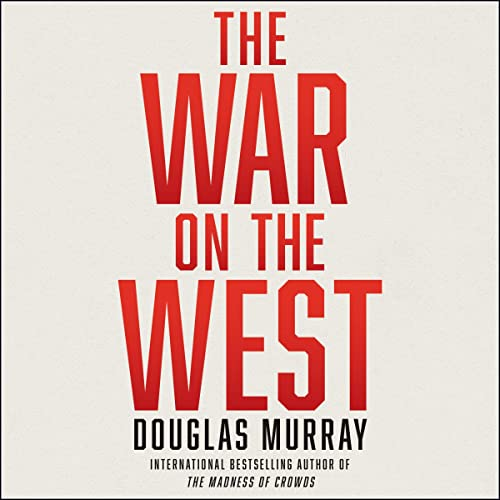
-
Oooh. I'll have to check that out!
Thanks, @kluurs!
Finished "Rogue Heroes" this morning.
Typical MacIntyre stuff - thoroughly researched and written in a narrative manner that's easy to follow.
My only criticism is that part two of the book, the SAS in Europe is much more "compartmentalized" than the first half. While the first half sets up the history of the unit and does a great job of introducing you to the main players, the second half has each chapter tell one story/mission, with little relationship to the preceding ones. New members are introduced, most of which don't know or interact with each other. Each chapter stands alone.
Perhaps the most interesting/disturbing chapter of Part 2 was the discovery and liberation of Bergen-Belsen. No matter how many times you see videos, read narratives, it's always a blow to the gut to revisit the horrors.
If you're a fan of WWII stories, take a look at this one. It's very well done.
-

Actually written by C.M. Kornbluth and Judith Merrill, it was serialized in Astounding Science Fiction in 1952. Later released by Simon & Schuster in hardback and several paperback editions.
The plot deserved a better writer, but it's still a 3.5.
The book is set in the future, after a limited nuclear war. The world has evolved into a feudal state, which includes the moon colony and Mars.
All is governed by an emperor, who wields power through his Powermaster, an office that controls the Gunner Supreme, Gunners and Armsmen. (Think knights, squires and armsmen with futuristic weapons.)
Gunner Cade becomes involved in a conspiracy to overthrow the Empire by winning the independence of Mars.
-
I mostly enjoyed the Netflix adaptation, but it did seem a bit contrived in places. Perhaps shoe-horned is a better term. I got through about ⅓ of the Chinese version - interesting, but slower than Aqua's sister to give a refund.
So, I thought I'd re-read the book. I don't remember much from my first read, so, having seen both adaptations, it might be worth it.
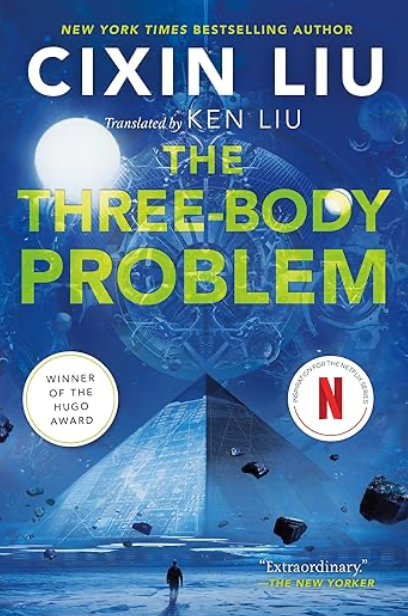
Enjoying it MUCH more the second time around.
